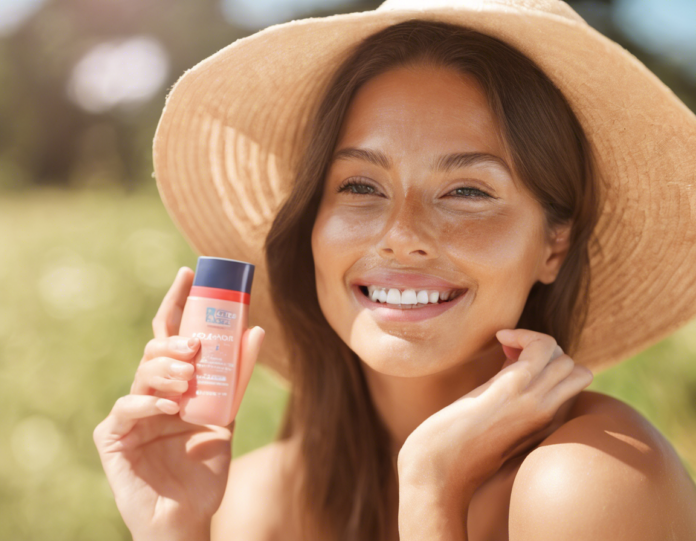Introduction
Having oily skin can make it challenging to find the right sunscreen that doesn’t leave your skin feeling greasy or exacerbate breakouts. However, with the right formulation, sunscreen can be an essential part of your skincare routine, protecting your skin from harmful UV rays and preventing premature aging.
Understanding Oily Skin
Oily skin is characterized by excess sebum production, which can lead to a shiny appearance and enlarged pores. People with oily skin are more prone to acne and breakouts, making it important to choose sunscreens that are non-comedogenic and oil-free.
Key Features to Look for in a Sunscreen for Oily Skin
When shopping for sunscreen for oily skin, look for the following key features:
1. Oil-Free Formulation: Opt for a sunscreen that is specifically formulated for oily skin and is free of heavy oils that can clog pores.
2. Non-Comedogenic: Choose a non-comedogenic sunscreen that won’t clog pores or exacerbate acne.
3. Mattifying Effect: Look for sunscreens that have mattifying properties to help control shine throughout the day.
4. Broad-Spectrum Protection: Ensure that the sunscreen offers broad-spectrum protection against both UVA and UVB rays to prevent sun damage.
Top Sunscreens for Oily Skin
Here are some of the top sunscreens recommended for oily skin:
1. La Roche-Posay Anthelios Clear Skin Dry Touch Sunscreen: This oil-free sunscreen is perfect for oily skin, as it provides broad-spectrum protection and has a matte finish.
2. EltaMD UV Clear Broad-Spectrum SPF 46: This lightweight, oil-free sunscreen is ideal for oily and acne-prone skin, as it contains niacinamide to help calm and protect the skin.
3. Neutrogena Ultra Sheer Dry-Touch Sunscreen: This budget-friendly option is non-comedogenic and provides a matte finish, making it suitable for oily skin types.
4. Biore UV Aqua Rich Watery Essence Sunscreen: This Japanese sunscreen is lightweight, non-greasy, and ideal for oily skin, as it absorbs quickly and provides high sun protection.
5. Supergoop! Unseen Sunscreen SPF 40: This sunscreen has a velvety finish and is oil-free, making it perfect for oily skin. It also contains antioxidants to protect the skin from environmental damage.
FAQs (Frequently Asked Questions)
Q: Should I still wear sunscreen if my skin is oily?
A: Yes, it is essential to wear sunscreen every day, regardless of your skin type. Look for oil-free, non-comedogenic formulas that won’t clog pores.
Q: How often should I reapply sunscreen on oily skin?
A: It is recommended to reapply sunscreen every two hours, especially if you are sweating or swimming. Look for lightweight formulations that are easy to reapply throughout the day.
Q: Can sunscreen cause breakouts on oily skin?
A: Some sunscreens can clog pores and exacerbate breakouts on oily skin. To prevent this, opt for non-comedogenic and oil-free formulas that are specifically designed for oily skin.
Q: What is the difference between chemical and physical sunscreens for oily skin?
A: Chemical sunscreens absorb UV rays, while physical sunscreens reflect them. Both types can be suitable for oily skin, but some may prefer physical sunscreens as they sit on top of the skin and are less likely to clog pores.
Q: Can I skip moisturizer if I have oily skin and use a sunscreen instead?
A: While some sunscreens offer hydration, it is still essential to use a moisturizer to keep your skin balanced and hydrated. Look for oil-free moisturizers that won’t exacerbate oiliness.
Conclusion
Finding the right sunscreen for oily skin is crucial for protecting your skin from sun damage without aggravating oiliness or causing breakouts. Look for oil-free, non-comedogenic formulas with a mattifying finish to keep your skin protected and shine-free throughout the day. Experiment with different brands and formulations to find the sunscreen that works best for your oily skin type.



